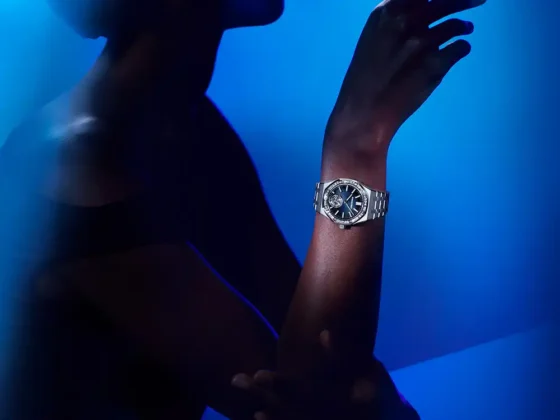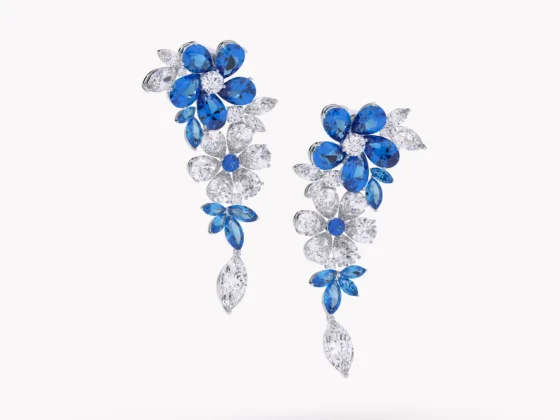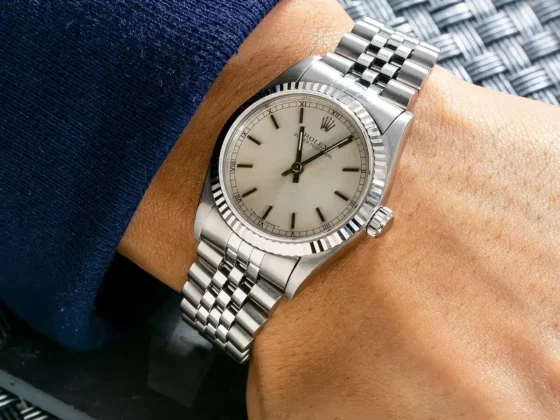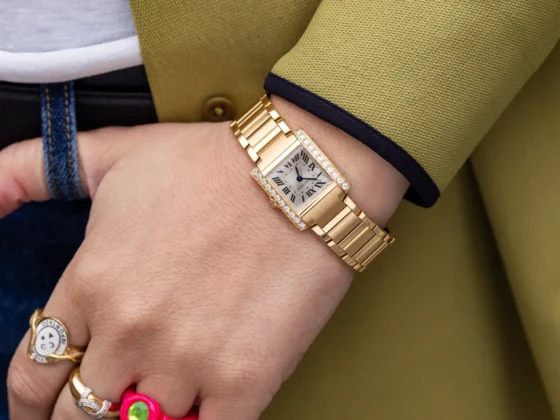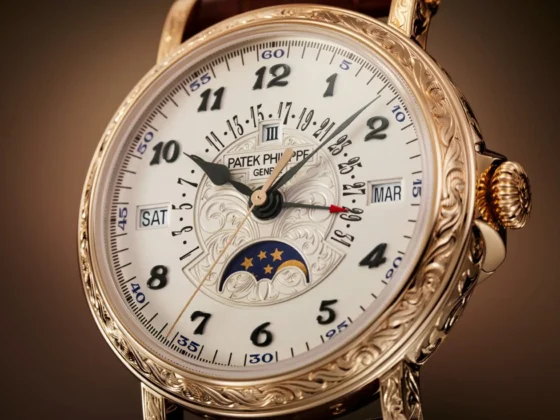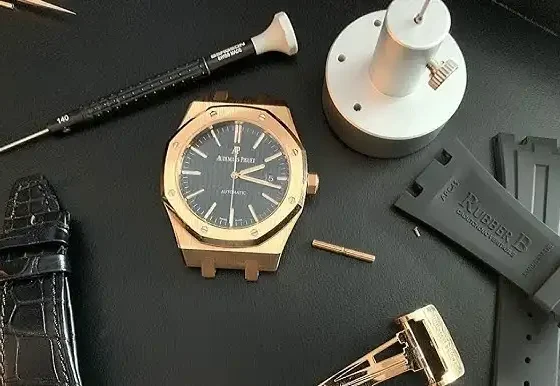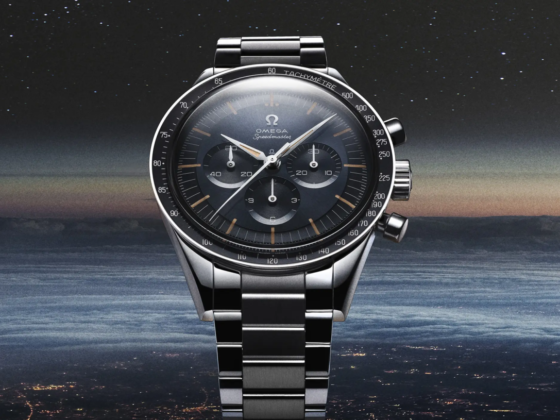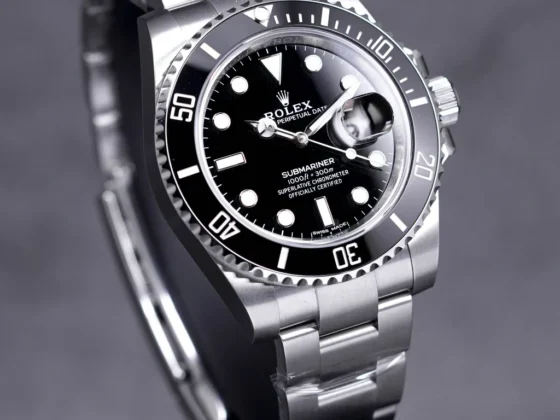As technology advances, the world of luxury horology has adapted, with the introduction of smartwatches that fuse the artistry of traditional watchmaking with cutting-edge technology. Historically, luxury watch brands like Rolex, Patek Philippe, and Audemars Piguet have been known for their mechanical timepieces, but brands such as TAG Heuer, Hublot, and Montblanc have ventured into the smartwatch category. This article delves into how smartwatches are bridging the gap between time-honored craftsmanship and modern technological innovations.
The Emergence of Smartwatches in Luxury Horology:
Smartwatches have redefined how we interact with timepieces, offering more than just the ability to tell time. Early tech giants like Apple and Samsung led the charge in popularizing smartwatches, but traditional luxury brands were initially hesitant to embrace the trend. Over time, the growing demand for connectivity, health tracking, and customization led luxury horology brands to merge traditional craftsmanship with modern smart technologies.
TAG Heuer was one of the first prestigious names to experiment with smartwatches, introducing the TAG Heuer Connected in 2015. This groundbreaking piece fused Swiss precision with digital connectivity, setting the standard for other brands to follow. Montblanc, Hublot, and Louis Vuitton soon entered the smartwatch market, each combining their heritage of craftsmanship with forward-thinking technology.
Key Features Defining Luxury Smartwatches:
Connectivity
: The integration of smart features like notifications, GPS, and Wi-Fi makes smartwatches indispensable for modern lifestyles. Luxury brands aim to provide a seamless experience with advanced features while retaining the feel of a high-end timepiece.Health & Fitness Tracking
: The demand for smartwatches equipped with heart rate monitors, step counters, and even sleep trackers has made health-related features a staple. TAG Heuer’s Connected Golf Edition, for example, combines traditional luxury with health tracking and golfing features.Customization & Design
: Customization is crucial in luxury, and brands like Montblanc offer a high degree of personalization, from interchangeable straps to custom dials. Hublot’s Big Bang E model offers a perfect blend of iconic luxury design and smartwatch technology, with stunning materials like ceramic and sapphire crystal.Mechanical-Smartwatch Hybrids
: Some luxury brands are also experimenting with hybrid watches that combine mechanical movements with smart functionality. For instance, Frederique Constant’s Hybrid Manufacture offers traditional automatic watch features with activity tracking and sleep monitoring, retaining the craftsmanship of a mechanical watch with the convenience of smart tech.
Tradition Meets Innovation: How Luxury Brands Are Preserving Heritage:
Despite the rapid adoption of smartwatches, luxury brands have been careful to preserve their traditions. The goal is not to replace mechanical timepieces but to enhance their offerings. Luxury smartwatches are often marketed as part of a broader collection, allowing traditional collectors to explore new technological territories without sacrificing the timeless value of traditional craftsmanship.
For example, Bulgari’s Diagono Magnesium offers NFC-based payments and access features without compromising the classic aesthetics of a luxury timepiece. This seamless blend of modernity with tradition ensures that luxury watches remain relevant, even in a tech-driven world.
The Future of Luxury Smartwatches:
The future looks bright for smartwatches in the luxury segment, with innovations in AI, material sciences, and sustainable tech on the horizon. Expect to see advancements like improved battery life, better materials such as carbon fiber and sapphire, and even more integration with smart homes and AI assistants.
Luxury brands will also continue to push boundaries in the user experience, incorporating exclusive apps and services that enhance personalization, catering to the luxury consumer’s expectations for both exclusivity and functionality.
Luxury smartwatches are no longer just a trend—they represent a new chapter in horology. Bridging the gap between tradition and innovation, they offer consumers the best of both worlds: the exquisite craftsmanship of a luxury watch combined with the modern conveniences of smart technology. As brands like TAG Heuer, Montblanc, and Hublot continue to innovate, the smartwatch market will undoubtedly play a significant role in the future of luxury horology, all while preserving the essence of what makes these brands so iconic.


